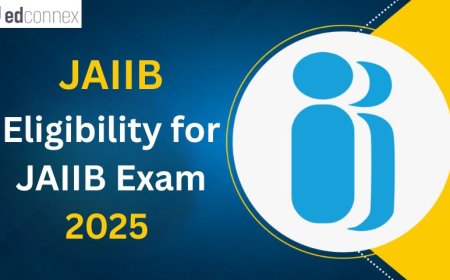AMCAT Exam 2025: Registration, Syllabus & Test Format
Looking to take the AMCAT exam in 2025? Discover everything you need to know about the registration process, syllabus, test format, and expert preparation tips.

The AMCAT (Aspiring Minds Computer Adaptive Test) has become one of the leading assessments for fresh graduates and job seekers aiming to enhance their employability. With the 2025 edition now open for registration, it provides candidates with a chance to test their skills and connect with top companies across industries such as IT, finance, consulting, operations, and analytics. AMCAT is not just an academic test but a way to showcase a candidate’s aptitude, logical reasoning, English proficiency, and specific domain knowledge. The registration process is simple and can be completed entirely online. Candidates need to visit the official AMCAT website, create an account, select their preferred test date, and complete the payment for the exam fee. After registration, candidates can either appear for the exam at designated test centers or opt for a convenient online home-based test. AMCAT results are valid for one year, and the scores can help candidates secure interview calls from leading companies like Accenture, Cognizant, Deloitte, Wipro, and several startups looking for fresh talent.
The AMCAT exam 2025 follows an adaptive testing format, which adjusts the difficulty level of questions depending on the candidate’s performance in real-time. This ensures that the test is fair and challenging for all applicants, regardless of their expertise level. The core sections of the test include English comprehension, logical reasoning, quantitative ability, and a personality assessment, all of which are mandatory. The English section tests grammar, vocabulary, sentence correction, and comprehension, while the logical reasoning section includes problems involving patterns, sequences, and analogies. The quantitative ability section evaluates mathematical skills such as basic algebra, geometry, and arithmetic. Beyond these, candidates can select domain-specific modules according to their academic background. Popular modules include Computer Science, Electronics, Mechanical, Finance, Human Resources, Marketing, and others. These domain modules are updated every year to reflect industry standards and emerging trends. For example, the computer science module may include topics like data structures, algorithms, and basic programming languages, while the finance module could cover topics such as financial analysis and budgeting.






























































































